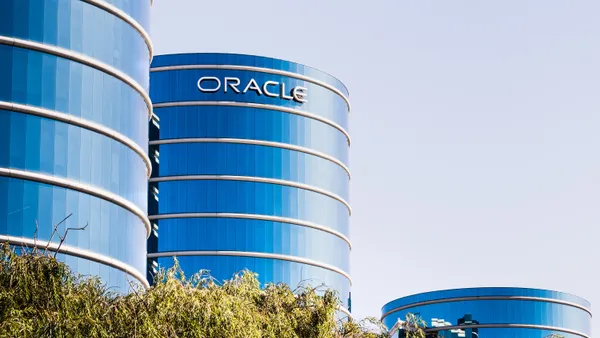Dive Brief:
- Zillow will expand its parental leave beginning Jan. 1, 2023, allowing birthing parents to take 20 weeks of paid leave and nonbirthing parents to take 12 weeks, the company announced in a Dec. 2 update. Birthing and nonbirthing parents may currently take 16 and 8 weeks, respectively.
- Parents can choose how they want to take the time, whether all at once or in full week increments within one year of birth or adoption, Zillow said. They also can choose to return to work at 60% or 80% of full time for the first two weeks of their return.
- In addition, Zillow is expanding its access to fertility and family-planning benefits, including egg freezing, surrogacy and adoption services. It also is adding pregnancy loss as part of its formal bereavement policy, which will offer employees 10 days paid leave after such a loss.
Dive Insight:
In recent years, and especially since the beginning of the Great Resignation, employers have begun offering more generous parental leave packages in an effort to attract talent and help workers achieve a greater work-life balance.
Tech companies like Zillow often lead the way with some of the most generous packages. Google this year expanded paid leave to 24 weeks for birthing parents and 18 weeks for nonbirthing parents. Pinterest now offers 26 weeks and 20 weeks, respectively, with an additional 12 weeks offered if employees’ babies require a stay in the NICU.
But even employers with large hourly workforces, like Chipotle and Sweetgreen, have introduced or expanded such benefits. Typically, part-time and hourly workers have been least likely to have access to parental leave or other PTO benefits enjoyed by salaried employees.
Despite the forward momentum over the past few years, many have feared the coming recession will lead to a reduction in parental leave benefits. Much of this panic was prompted by the Society for Human Resource Management’s annual employee benefits survey, the results of which the organization released in June. SHRM found that the share of employers offering paid maternity leave dropped from 53% in 2020 to 35% — suggesting mass cuts to the benefit.
But follow-up reporting from HR Dive’s Ryan Golden found that SHRM’s findings may be nothing to worry about, with an analyst from Mercer saying he hadn’t seen or heard of any company getting rid of paid parental leave. Rather, he said, the findings may potentially be due to rebranding parental leave benefits away from the maternity and paternity leave labels to simply “parental leave,” or due to factors relating to the survey methodology or sample size.
A SHRM researcher stood by the survey, but agreed that the results should not cause a panic. The pendulum swing shown in the results may have been caused by federal requirements related to the pandemic, he said, as the 2022 results closely reflected pre-pandemic numbers. He also pointed to rebranding of leave program names as a potential cause.
Zillow’s announcement — which comes amid a continued tight labor market despite fears of recession — suggests that paid parental leave is still an important tool for employers to attract talent.













